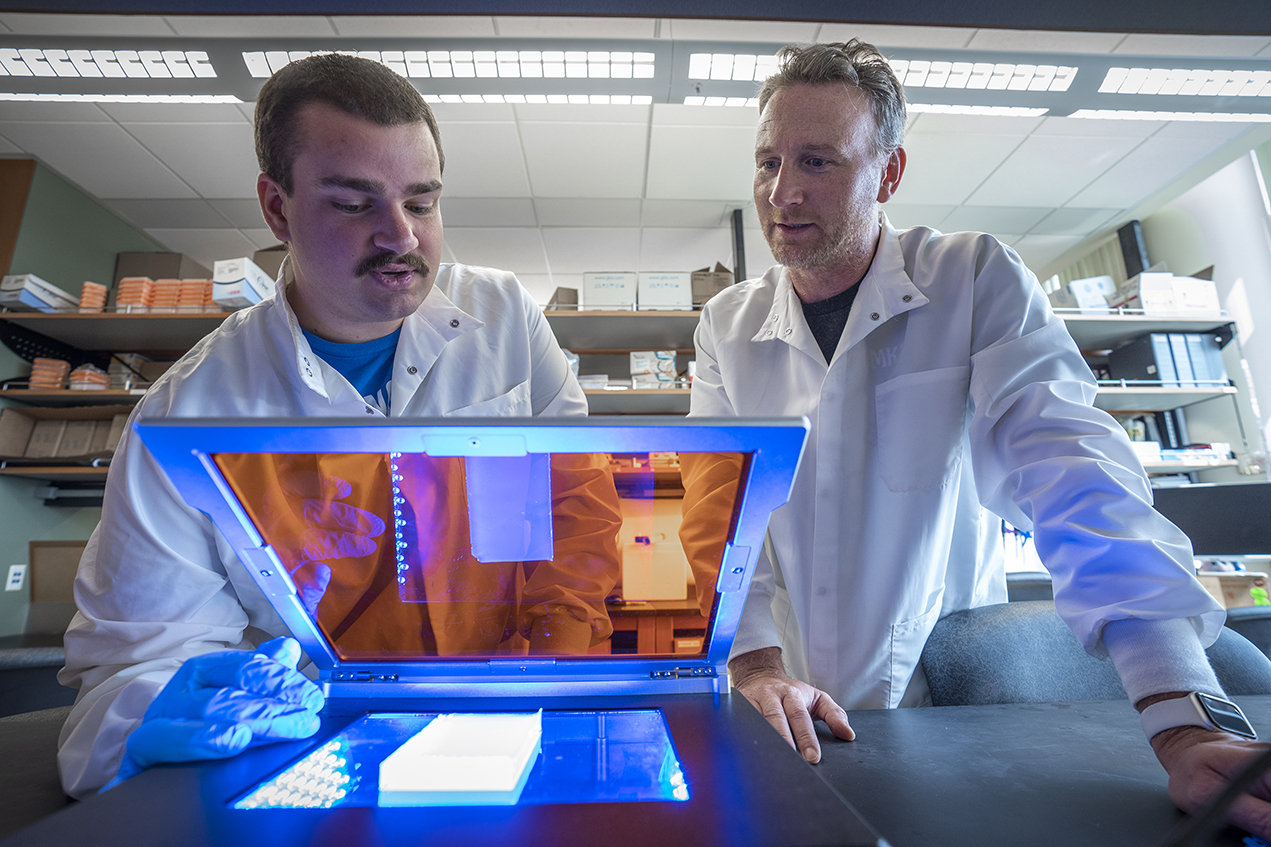A decade ago, genome sequencing revealed a big surprise: about 50 percent of human cancers are linked to mutations in what are known as epigenetic regulators, which control the activity of genes.
In a new study in Cell Chemical Biology, a team of scientists led by Oliver Bell from USC and Stephen V. Frye from the University of North Carolina at Chapel Hill developed a new drug-like molecule that can counteract the effects of mutated epigenetic regulators, which are known to drive certain types of cancer including lymphoma.
To continue reading this story, click here.


